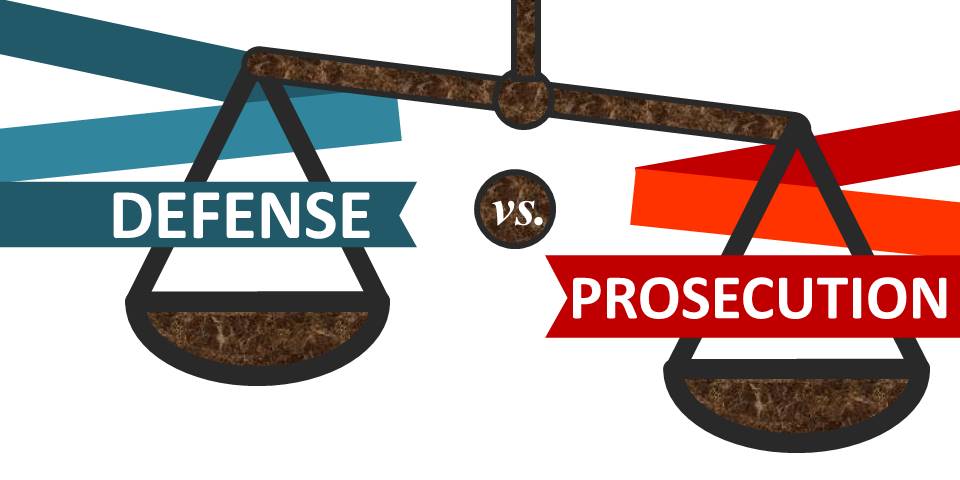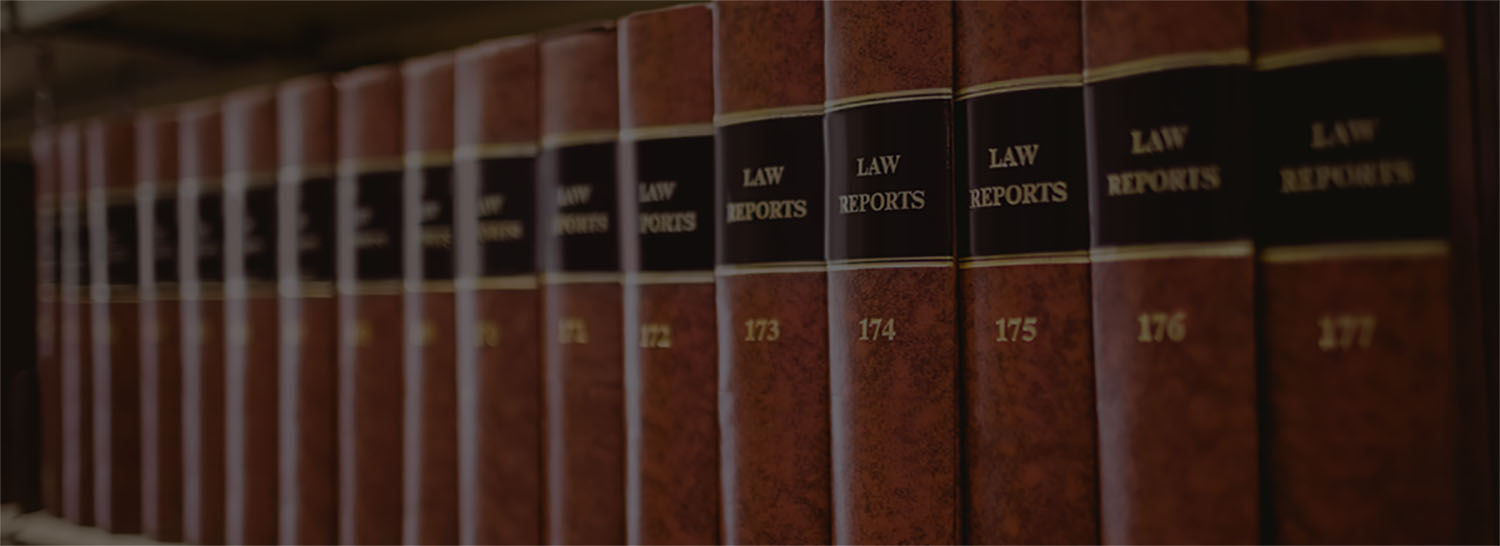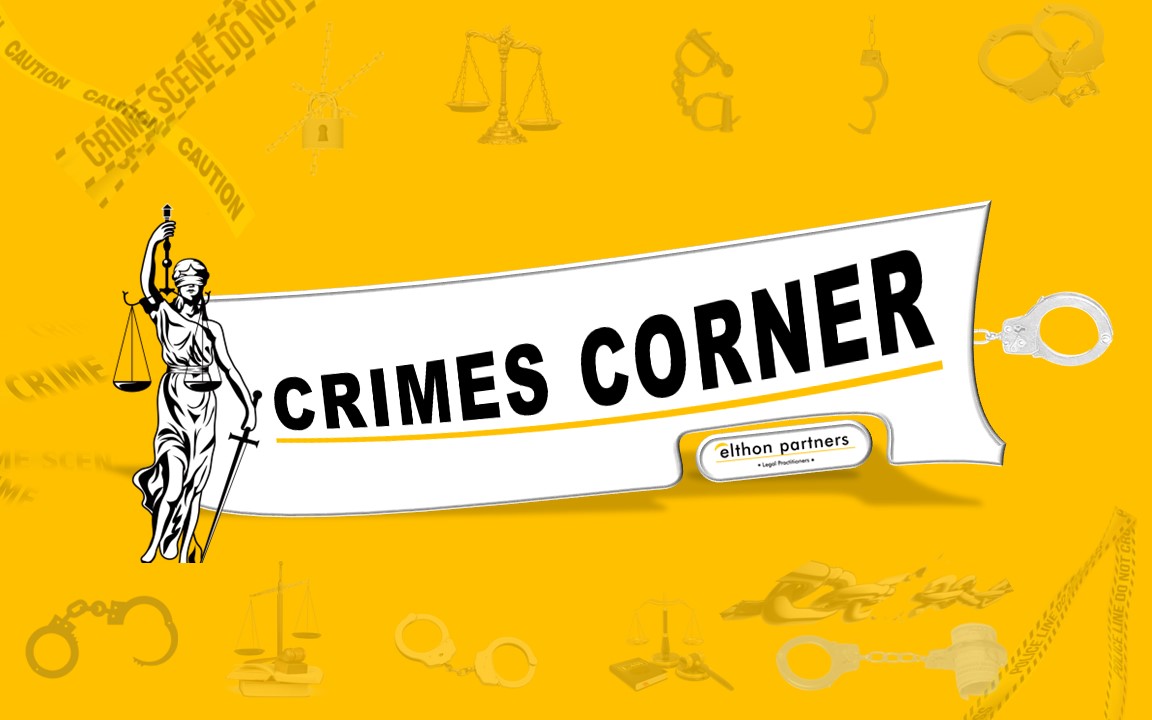
CIRCUMSTANCES UNDER WHICH A DEFENDANT IN A CRIMINAL TRIAL CAN BECOME A COMPELLABLE WITNESS FOR THE PROSECUTION
INTRODUCTION
What happens when you grill the prosecution witness during cross examination in a criminal trial and reveal facts which help to prove the innocence of your client who is a defendant in the charge?
Witnesses play a vital role in the establishing and proving of fact(s) in the course of trial. Most lawyers have had judgment given in favour of their clients because of the level of preparedness of their witness. Beyond the experience and outlined points of a counsel to discredit or affirm a fact, the ability of a witness to consecrate and not be misguided by the opposing counsel during cross examination is a big plus for the counsel.
This write up attempts to look into the rare circumstances that may cause your client as a co-defendant who is been aggressively prosecuted by an unrelenting prosecution counsel to be transmogrified into an invaluable asset to the prosecution.
DEFINITION OF A WITNESS
According to Barron’s Law Dictionary, a witness is “one who gives evidence in a cause before a court and who attests or swears to facts or gives or bears testimony under oath”
COMPETENT AND COMPELLABLE WITNESS
The general rule according to Section 175 (1) of the Evidence Act, 2011 “All persons shall be competent to testify,” this connotes that anybody can testify to a matter. There are however exceptions to it which are; tender age, extreme old age, disease, whether of body or mind, or any other cause of the same kind.
EVIDENCE OF A CO-DEFENDANT
Generally, the evidence of a defendant cannot be used against his co-defendant, but there are circumstances when a defendant may be become a competent and compellable witness for the prosecution which are:
i. If the defendants are charged separately;
ii. If or when a co-defendant has been acquitted;
iii. Charge against a co-defendant has been withdrawn;
iv. A charge sheet was amended not to reflect the name of a particular defendant when the prosecution saw the scrutiny of their witnesses.
CASE STUDY
A rare but perfect scenario that fits this U-turn is a criminal trial at the Lagos State High Court, Ikeja Judicial Division, before Honourable Justice Ismail O. Ijelu, Charge No: ID/1236C/2020, Federal Republic of Nigeria vs Chinedu Nnanna, C.J Nnanna Nig Limited, Chief Egbe Akparakwu & Policing Nigeria Awareness Initiative (the defendants in the original information) then Federal Republic of Nigeria vs Chief Egbe Akparakwu & Policing Nigeria Awareness Initiative (defendants in the amended information).
Counsel for the 1st and 2nd defendants in the original information, Mr. Ben Awurum, the Managing Partner of Elthon Partners discredited the evidences of the prosecution witnesses to the extent that the prosecution were compelled to amend their information and made the 1st Defendant a witness instead. More facts were revealed when the prosecution witnesses were given their evidences in court. After cross examination by the counsel to the 1st and 2nd defendant, the prosecution could not but admit the innocence of the 1st and 2nd Defendants and then amend the information accordingly.
This would necessitate an in depth expatiation into the effect of amending a charge/information.
EFFECT OF AMENDMENT OF A CHARGE
It is trite law that when a charge is amended, the newly amended charge should be read to the defendant and will have to take his plea afresh. This implies that the former charge sheet is squashed and by implication altered the proceeding as pertaining to the information of the charge. From the above cited life scenario, the removal of the 1st and 2nd defendants from the amended charge makes them to be exonerated from the offences charged of, because the validity of the amended charge isn’t binding on them.
CONDITIONS PRECEDENT FOR A VALID CHARGE
The Supreme Court in the case of Jubril v State (2006) 4 NWLR (Pt 1820) 321, categorically highlighted that for a charge to be valid, it must fulfill certain conditions which are:
i. Name of the accused
ii. Date of the commission of the offence
iii. Description of the offence
iv. Particulars of the offence
Moving further, the Supreme Court at Paragraph A-C of the above cited case gave accurate explanation on the purpose of a charge to mean that it give an accused person notice of the case against him.
It could be deduced from the above that a charge should be addressed to a specific offender and the omission of one more of the conditions will make the charge invalid.
CONCLUSION
It is clear from the above highlighted position of law that once a defendant’s name is removed from the amended charge, he can be made a compellable witness for the prosecution against his former co-defendant(s).



